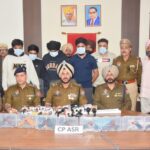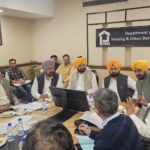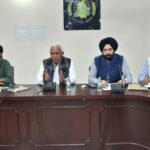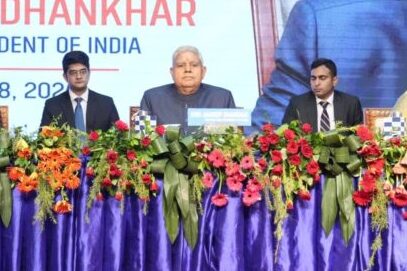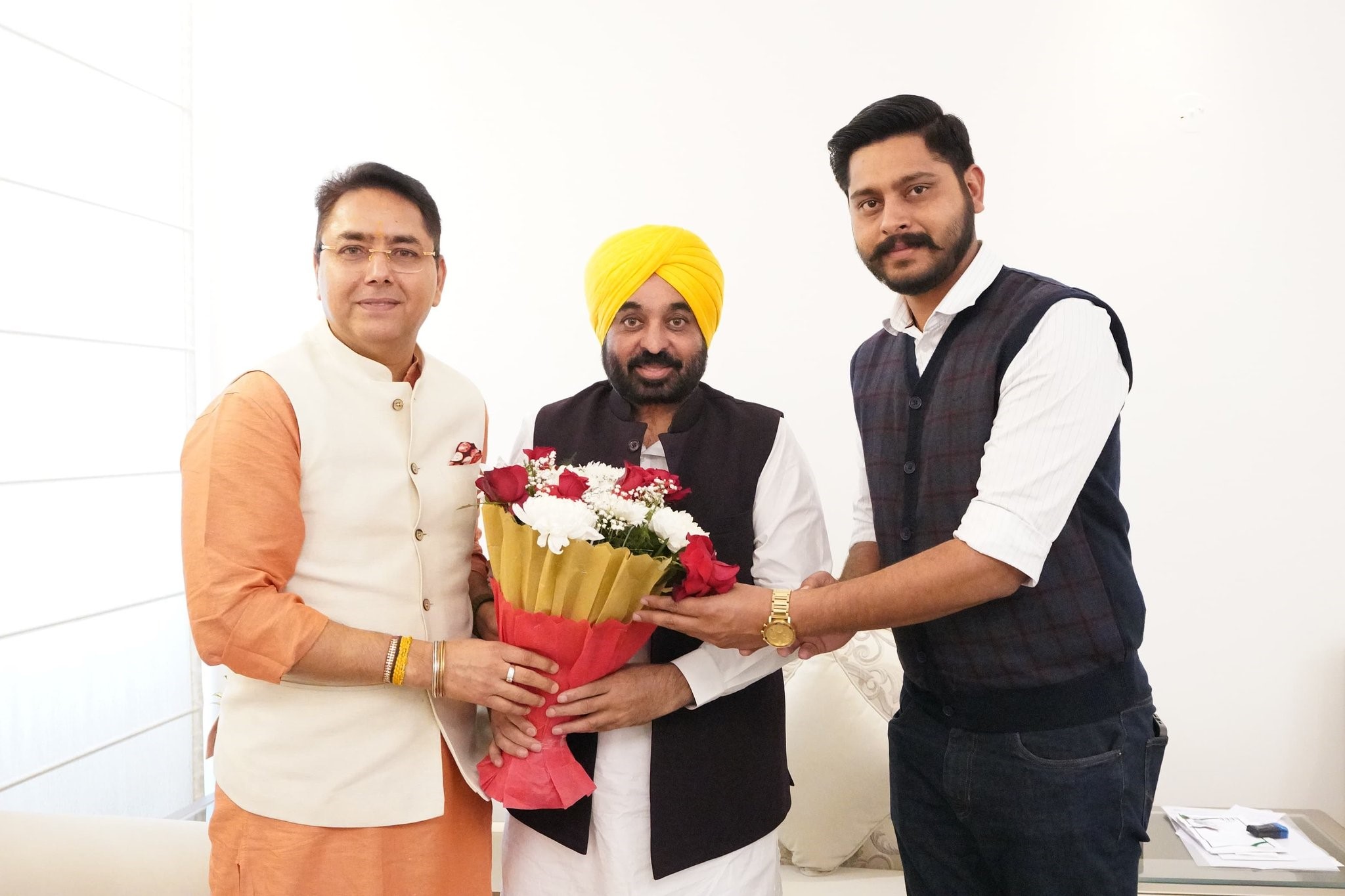North News
Jaipur, September 28
Vice President Jagdeep Dhankhar on Saturday emphasized the important role of women and education in achieving a developed Bharat by 2047. Speaking at the India International School in Jaipur, Vice President Dhankhar said, “We cannot dream of a Viksit Bharat without women and without education. Women and education are the two wheels of the chariot that will drive the nation.”
He highlighted that education is the greatest societal equalizer, vital for democracy and reducing inequality. “Education provides oxygen to democracy,” he added.
Dhankhar pointed to the Vedic era, where women held equal status as policy-makers and decision-makers, calling for a return to those values. He praised the Women’s Reservation Bill, mandating one-third reservation for women in Parliament and state legislatures, calling it a “historic development” that will see women in key roles in policymaking and legislation.
Underscoring India’s rapid development and its status as a global hotspot for investment, Dhankhar mentioned global institutions like the IMF and World Bank, which have hailed India as the most promising country for opportunities and growth.
He also praised the National Education Policy (NEP) for moving away from degree-focused education towards skill-based learning. “There can be no change without quality education,” he remarked, urging broader adoption of the NEP.
Addressing youth participation in India’s development, Dhankhar emphasized that the country has the mechanisms in place to allow individuals to realize their full potential. He also applauded the equal application of the law, noting that privilege and pedigree no longer provide immunity, marking a significant societal shift.
Dhankhar concluded by highlighting the elimination of corruption from the power corridors, which had once been dominated by those securing contracts and jobs through extra-legal means. Now, transparent and accountable governance ensures fair opportunities for all, supported by technological advances reaching even the most remote villages.


